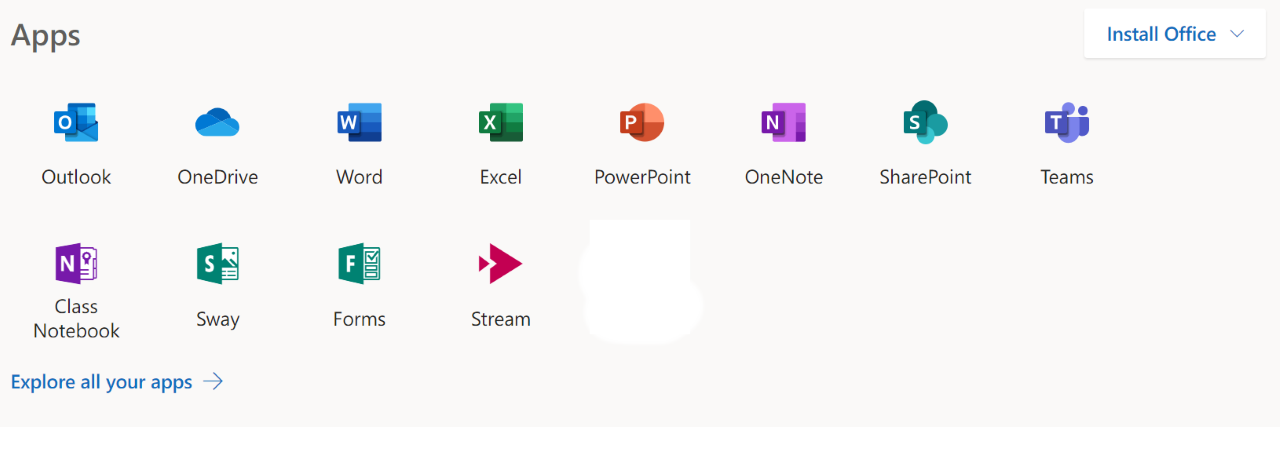

Deciding to make this transition means Microsoft doesn’t have to spend time and effort optimizing the small-screen Android productivity apps for the larger displays on Chromebooks. And although Android users could use the web for Microsoft’s Office apps, just like Chromebook users will, the apps are better optimized for phone screen sizes.Ĭhromebooks typically have 11.6- to 17-inch displays (yes, there’s a 17-inch Chromebook now), where responsive and scalable web apps likely make more sense from a support standpoint. Of course, that makes sense, given how many Android phones are in the market, every one of them being a potential revenue source for Microsoft 365 the new branding for Office 365 and additional apps. To further clarify, sources tell me that Office on Android isn’t going away. Customers will need to sign in with their personal Microsoft Account or account associated with their Microsoft 365 subscription.


This transition brings Chrome OS/Chromebook customers access to additional and premium features. “In an effort to provide the most optimized experience for Chrome OS/Chromebook customers, Microsoft apps (Office and Outlook) will be transitioned to web experiences ( and ) on September 18, 2021. Instead of Android, Office on the web will be the way to use Microsoft’s productivity suite on a Chromebook: Last night, I received a response to my request, with a Microsoft spokesperson confirming the company’s plans: A transition will begin next month on Chromebook support for Office Android apps. 1 Goodbye Chromebook support for Office Android apps


 0 kommentar(er)
0 kommentar(er)
